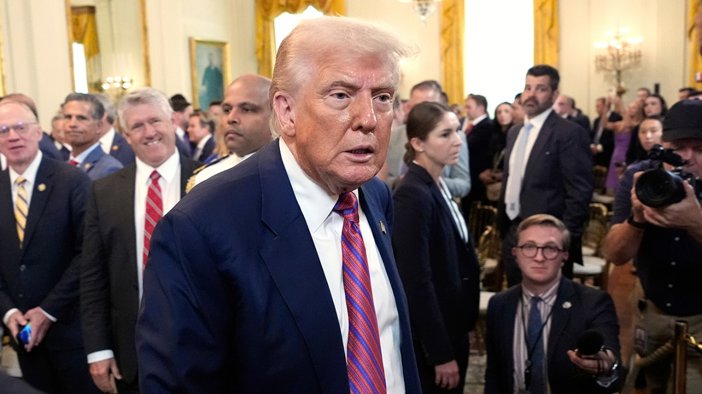
Senate Advances Funding Amid Bipartisan Disputes
Senate advances first 2026 spending bill after Democrats join Republicans, but trust and funding disputes threaten future progress.
Senate Passes First Appropriations Bill for Fiscal Year 2026
The Senate has cleared a key procedural hurdle by advancing the first round of government spending bills for the upcoming fiscal year, as both parties work to avoid a looming partial government shutdown. Despite sharp partisan tensions in recent weeks, a 90 to 8 vote enabled lawmakers to begin debate and amendment on a package that would fund military construction and the Department of Veterans Affairs.
Leading up to the vote, Senate Democrats threatened to block the appropriations process, citing Republican passage of President Donald Trump’s $9 billion rescissions package that targeted foreign aid and public broadcasting. Many Democrats argued these partisan funding cuts undermined the trust required to negotiate long-term spending plans and accused their GOP colleagues of breaking faith by later stripping out agreed-upon priorities.
Senate Minority Leader Chuck Schumer, D-N.Y., stated after a closed-door caucus meeting that Democrats would continue to pursue a bipartisan deal, even as he criticized Republicans for making the process “much harder” through recent rescissions. “We’re working together to get one,” Schumer said, but warned that confidence in the process remains fragile.
Senate Majority Leader John Thune, R-S.D., called on Democrats to support bipartisan appropriations and not use last week’s funding cuts as a pretext to disrupt the process. “Democrats have indicated that they’re so upset over a rescissions bill last week, which… cut one tenth of 1% of all federal spending, that somehow they could use that to shut down the appropriations process and therefore shut down the government,” Thune said, urging cooperation to avoid chaos as the September 30 funding deadline approaches.
Senate Appropriations Chair Susan Collins, R-Maine, emphasized the gravity of the moment, noting that it is Congress’s “fundamental responsibility” to pass appropriations bills. She praised Senate leadership for bringing the first fiscal year 2026 spending bill to the floor and highlighted the need for lawmakers to work together, despite the “challenging legislative environment.”
Uncertainty Ahead as Funding Deadline Approaches
The advancement of the first spending bill does not guarantee a smooth path for the remainder of the appropriations process. Congress has not passed all government spending bills via regular order since the 1990s, often relying on short-term continuing resolutions or large omnibus packages at year’s end to avoid shutdowns.
Disputes over funding levels and priorities between the Senate and House persist, and Democrats remain wary that agreed-upon priorities could be subject to further rescissions. Schumer plans to meet with House Minority Leader Hakeem Jeffries and key appropriations leaders from both chambers to discuss strategy for the coming weeks. “With so much hard work ahead, the government funding deadline only less than 25 legislative days away, Republicans should be focused on working with us to deliver for American families,” Schumer said.
Senator John Fetterman, D-Pa., who has previously crossed party lines to avert a shutdown, reaffirmed his opposition to any move that could disrupt government operations. “I will never, ever vote to shut our government down. That’s a core responsibility,” Fetterman declared, warning against chaos and urging colleagues to keep the process moving.
With lawmakers facing a narrow window to resolve deep-seated differences before the September deadline, the fate of government funding—and the prospects for bipartisan compromise—hangs in the balance.






